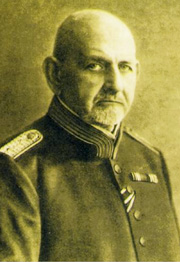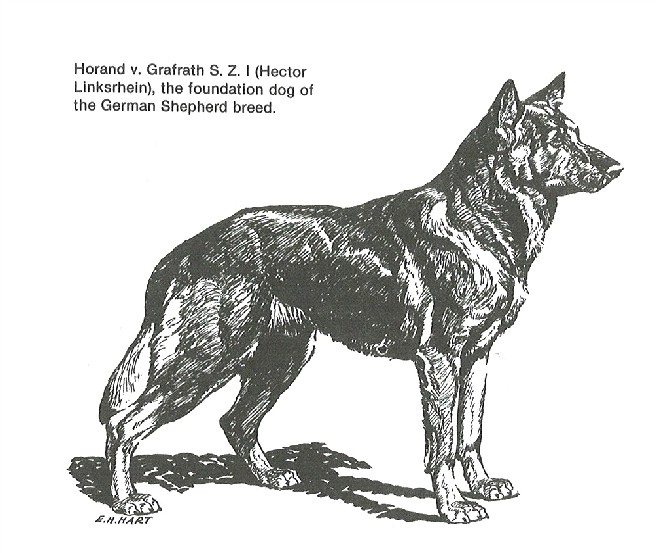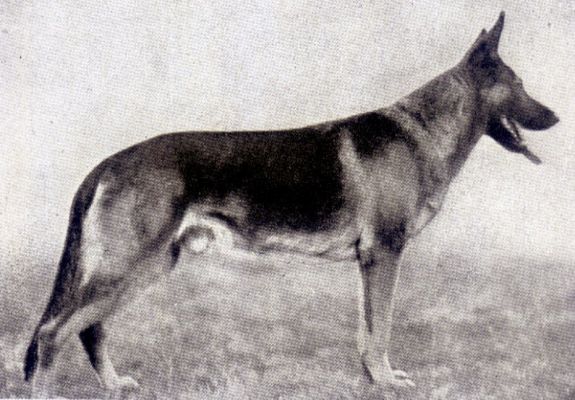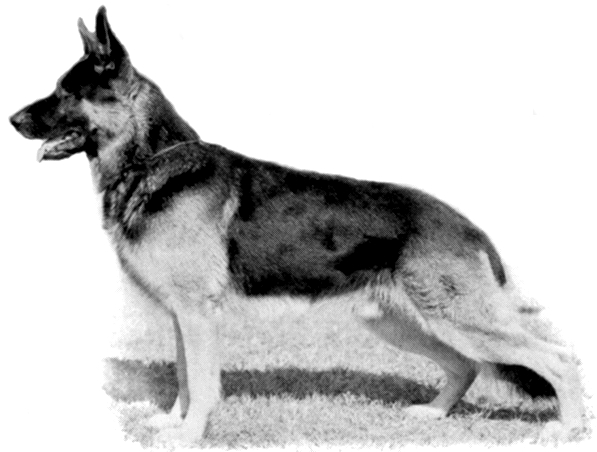Paradigm Change: the Ongoing FCI / WUSV Conflict
Over the past several years an epic struggle has played out between the SV, the mother club for the German Shepherd Dog established in 1900, the legacy of von Stephanitz, and the FCI, an international administrative consortium of national kennel clubs. This has been about power, money, prestige and control — all of the ugly aspects of high level politics where much is at stake.
At one level or another this animosity has festered for a century, beginning with the reestablishment of the FCI after the first World War. There have been long periods of relative tranquility and stability, but the real issues, the control of breeding standards for purebred dogs and the certification of judges, have always been just beneath the surface. There are other players. Dissident national WUSV member clubs have involved the FCI in order to gain leverage over the WUSV. The AWDF melt down in America has been a side show. This has been complex, convoluted and often ugly.
In December of 2019 this came to a head. The precipitating issue was the arbitrary and provocative FCI dictate forbidding the SV from sending conformation and working judges to non FCI organizations, in particular USCA. This was well understood by the FCI bureaucrats to be restraint of trade under European Union law, but entrenched arrogance overrode discretion and common sense. Had this stood the WUSV would have been emasculated, reduced to irrelevance with no real influence in international German Shepherd affairs.
But USCA, as a WUSV member, and the corresponding Spanish club appealed to the Euro courts and in March of 2020 decisively prevailed. The FCI has in general been forbidden from interfering in relationships between the WUSV and its international clubs and in particular the ruling has established the right of the SV to send judges to the USCA.
This is a profound paradigm change which will define worldwide canine affairs for decades to come. Yet this is not well understood by the rank and file of working dog breeders, trainers and owners. In order to avoid repeating historical blunders we must remember what has gone before, which is the reason for this chronological record and explanation. As a working dog community it is now ours to lose, if we are diligent and careful in exploiting these legal principles we can provide solid ground on which to build a future.
Those not familiar with the convoluted history and terminology would be well advised to read this first:
Over the twentieth century there was a relentlessly cultivated persona of dignity, gravitas and rectitude in governing canine bodies such as the British Kennel Club, the AKC, the VDH and the FCI. This provided enormous influence and power to the internal cabals that came to predominate. But just beneath this surface façade tension and strife reigned: between serious working advocates and the financial interests of the quasi commercial pet and show breeders, between the FCI and the WUSV, between nations determined to control their own destiny and breed establishments determined to impose wider control and wield international power. These tensions have escalated in the new century. The recent German court decision empowering the WUSV and reigning in the arbitrary and capricious reach of FCI Eurocrats is much more than victory in a petty politaical squabble, it marks a real paradigm shift, heralds the advent of a new world order.
As a result of this empowerment the WUSV has emerged from the cloud of legal ambiguity to play a much more robust role in international German Shepherd affairs going forward. Other similar associations, such as FMBB, will share the benefit of this ruling.
As portrayed in their own mission statement the self-perception of the FCI establishment is that of the "The highest authority of the canine culture.." This goes far beyond their charter from the national organizations to provide service and ease the process of international intercourse for the good of all concerned. Legal remedies have thus become necessary to reign in this gradually assumed authority. Hopefully the court enforcement of anti-competition laws will provide the opportunity for FCI leadership to reevaluate and adapt their roles and persona so as to move forward in the spirit of cooperation, respecting and supporting the prerogatives of the national organizations, particularly the breed specific clubs, in the conduct of an equitable market of pedigreed dogs. Continue Reading

Max von Stephanitz

Owned by Max von Stephanitz,1900

Klodo vom Boxberg 1925
Designated Segar by von Stephanitz in 1925 to set a new course, generally regarded as the prototype for the modern shepherd.

Bernd vom Kallengarten 1957
If it ain't broken, don't fix it.
